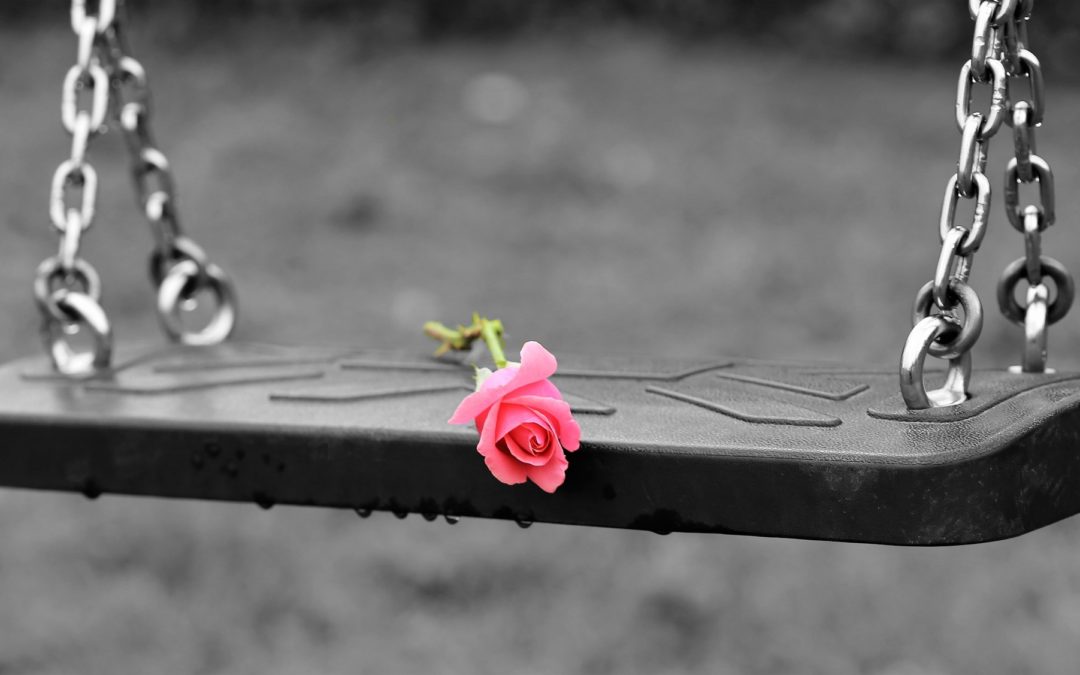It is absolutely painful to sit down and write about another school shooting. We’ve spent the entire day listening to news reports, comparing the information presented as it became public, and feeling heartbroken for the students and families impacted. It’s been a terrifying day for every parent who sends their children off to school in the morning. We’re sad – sad to see that it’s happened again and sad because we are getting ready to have yet another conversation with the kids who will fill our classes today.
We will talk about it. We’ll have to talk about it. Our students, especially the ones who are old enough to spend more time with technology, are going to bring it up, even if only to say, “Did you hear about…?” We’re going to keep doing our best to answer their questions, and we encourage you to have open, age-appropriate conversations with your children as well.
Limit Your Child’s Exposure to the News
Before you start talking, start by limiting your child’s exposure to the news. Watch it while the kids are out with their friends, after they go to bed, or when you have a private moment to catch up on current events. Children are inquisitive by nature and are often paying more attention than you think they are, even if they appear to be occupied by another activity. The problem is that that children, especially younger children, are not yet capable of processing news coverage properly. That means every time they hear a news report they think a new event has occurred. By the end of this weekend, some of your children will consciously or subconsciously believe that there have been dozens of school shootings. Can you imagine how terrifying that must be?
Take Care of Yourself First
Take some time to process the barrage of information for yourself before you try to talk to your children. Make sure you have your facts as straight as you feel you can get them considering the number of different reports out there. Just this morning, local stations were reporting about a lockdown notice on the Santa Fe school’s website. A little while later they were reporting that it may have been a false alarm because someone had heard a popping sound but no one had been able to identify the source. Not long after that, the media began reporting about fatalities and injuries. We’re never going to have the whole, complete story, but you definitely need to give yourself space to filter through your own emotions before you address your child’s. Taking some time and space to yourself will help you to remain objective and collect instead of having knee-jerk reactions to your child’s questions and fears. Talk to your spouse and your friends. Lean on your support networks as much as possible.
Talking to Your Child
Let’s be honest. Your kids might be scared. They want to know why someone would go to a school and shoot other kids. And yes – whether they say it or not – they are wondering if it could happen to them.
According to the American Psychological Association, the most important thing you can do is be honest with your children. You have to openly acknowledge that bad things can and do happen. Don’t say that it will never happen to them. We hate to admit it, but there is no way to know that’s true. What you can do is assure them that there are tons of adults in their lives that are working very hard to keep them safe – parents, grandparents, aunts, uncles, friends of the family, teachers, coaches, and the police. Assure them that their schools have action plans in place to protect them as well.
You may find that younger children don’t have the words to articulate the way they feel. They may instead try to act out scenarios in play or to even draw them. Older children and teens are more likely to verbalize their concerns. Ask them if they want to talk, but don’t feel as though you have to force them. Some will want to and some will not. Give them time.
Experts agree that every family needs some unplugged time to talk. Make it part of your regular routine to set aside an hour or so of tech-free time each day – or at least once a week. Spending that time talking about your days, fears, and life issues will help your child to feel more comfortable airing his concerns in the face of traumatic or tragic events.
Try to keep your conversations on topic. Discuss their feelings about what happened without actually rehashing news reports. We know it’s easy to interject your beliefs about politics or gun control issues into the conversation, and your kids will hear those topics becoming prominent as well, but that won’t help your child’s fears or clarify anything about the specific situation at hand.
Keep an Eye on Your Kids in the Coming Days and Weeks
Whether they talk to you or not, some children process tragedy differently than others. Your child may go on with life, with a few questions here or there, and that’s perfectly fine. Others may internalize their fears and start to act differently. Anxiety about school shootings may start to manifest and your child may start to resist going to school, have nightmares, sleep poorly, eat less, have headaches and stomach aches, or show signs of constant worry. It’s important to keep an eye on your children and to talk to their school guidance counselors or an outside counselor if necessary.
None of this is easy. We know it. We’re all devastated and even scared, but we need to find ways to make sure our kids feel safe and to ensure they aren’t internalizing their fears so that they can continue to live happy, healthy, productive lives.


Recent Comments